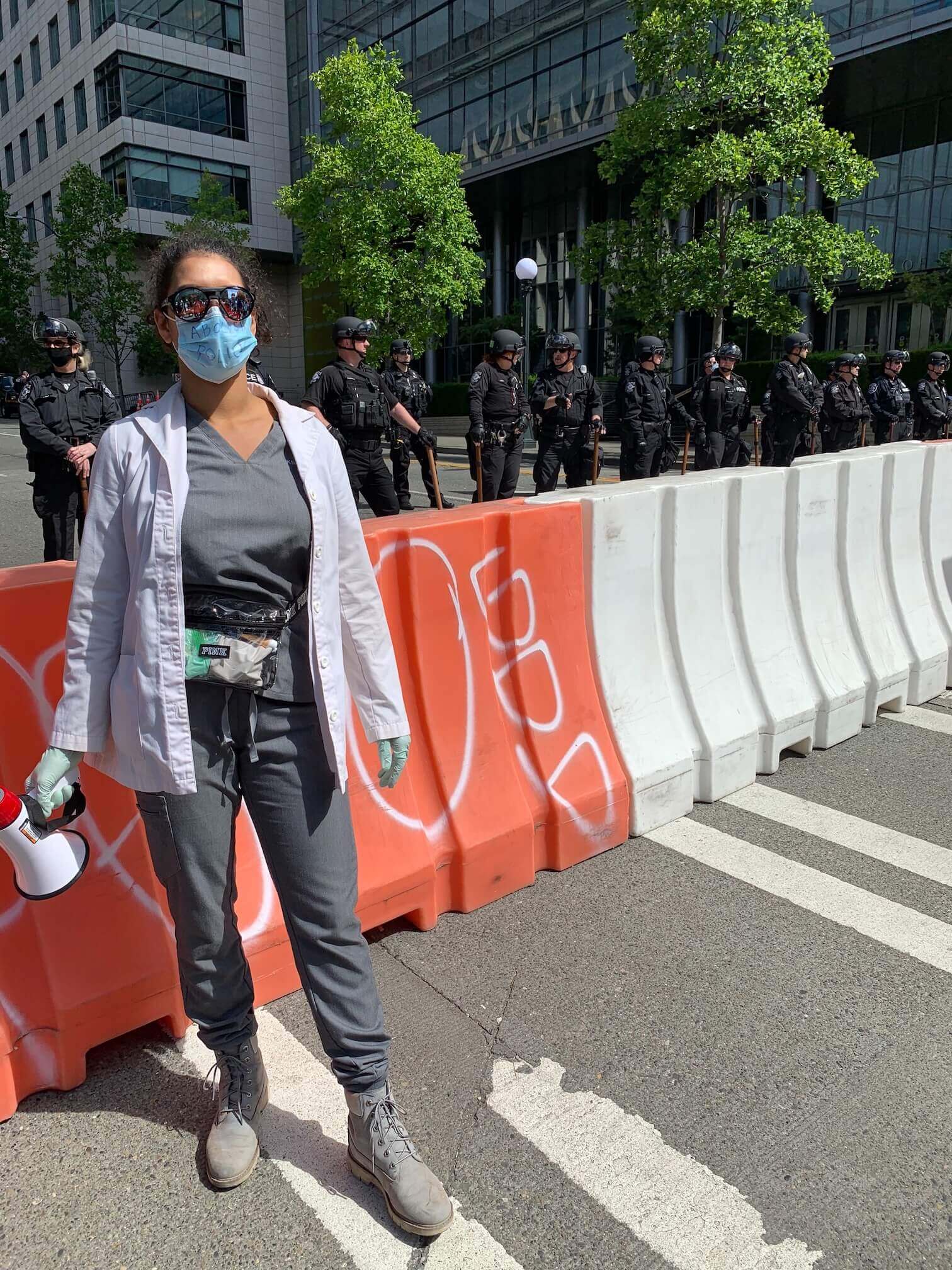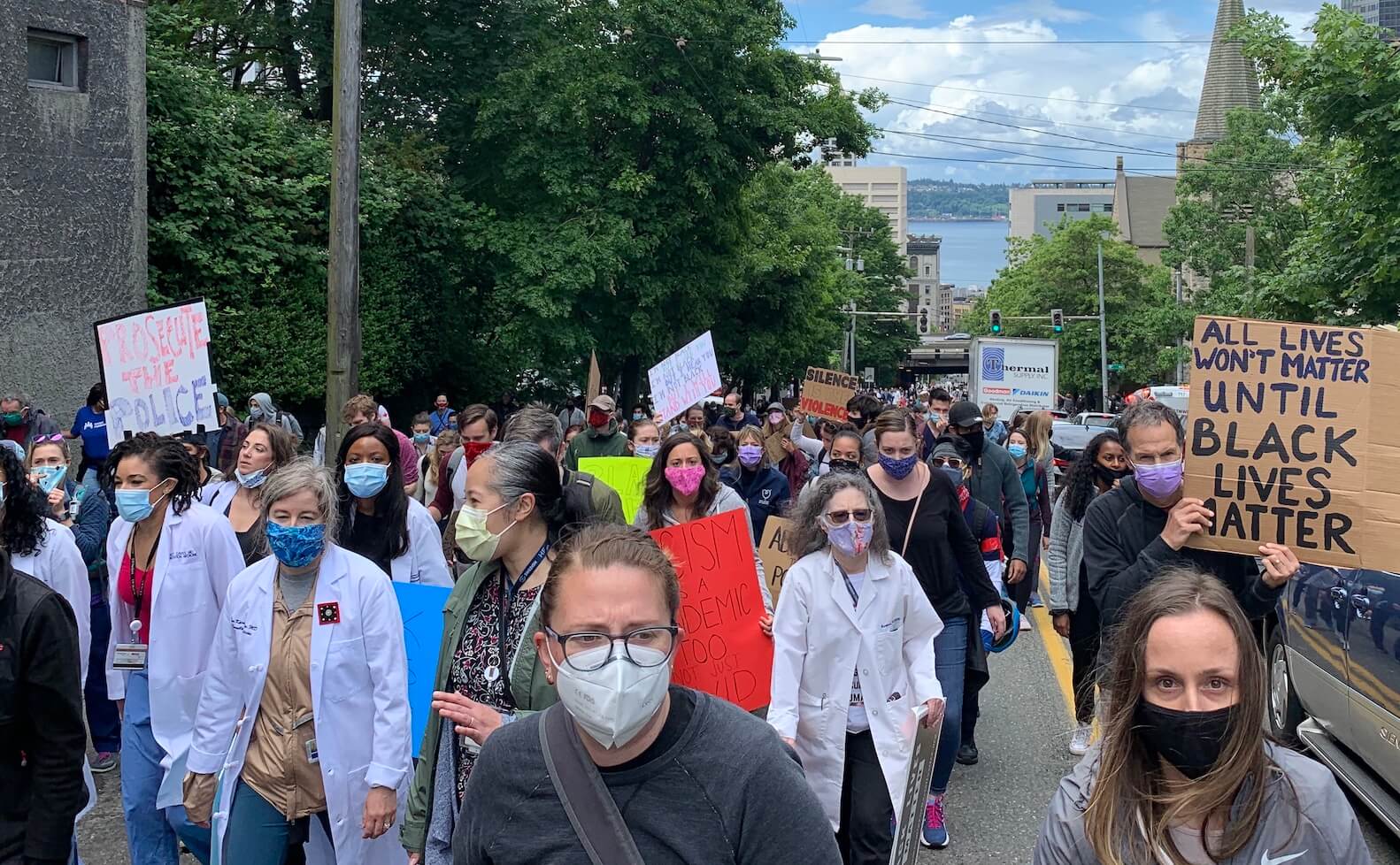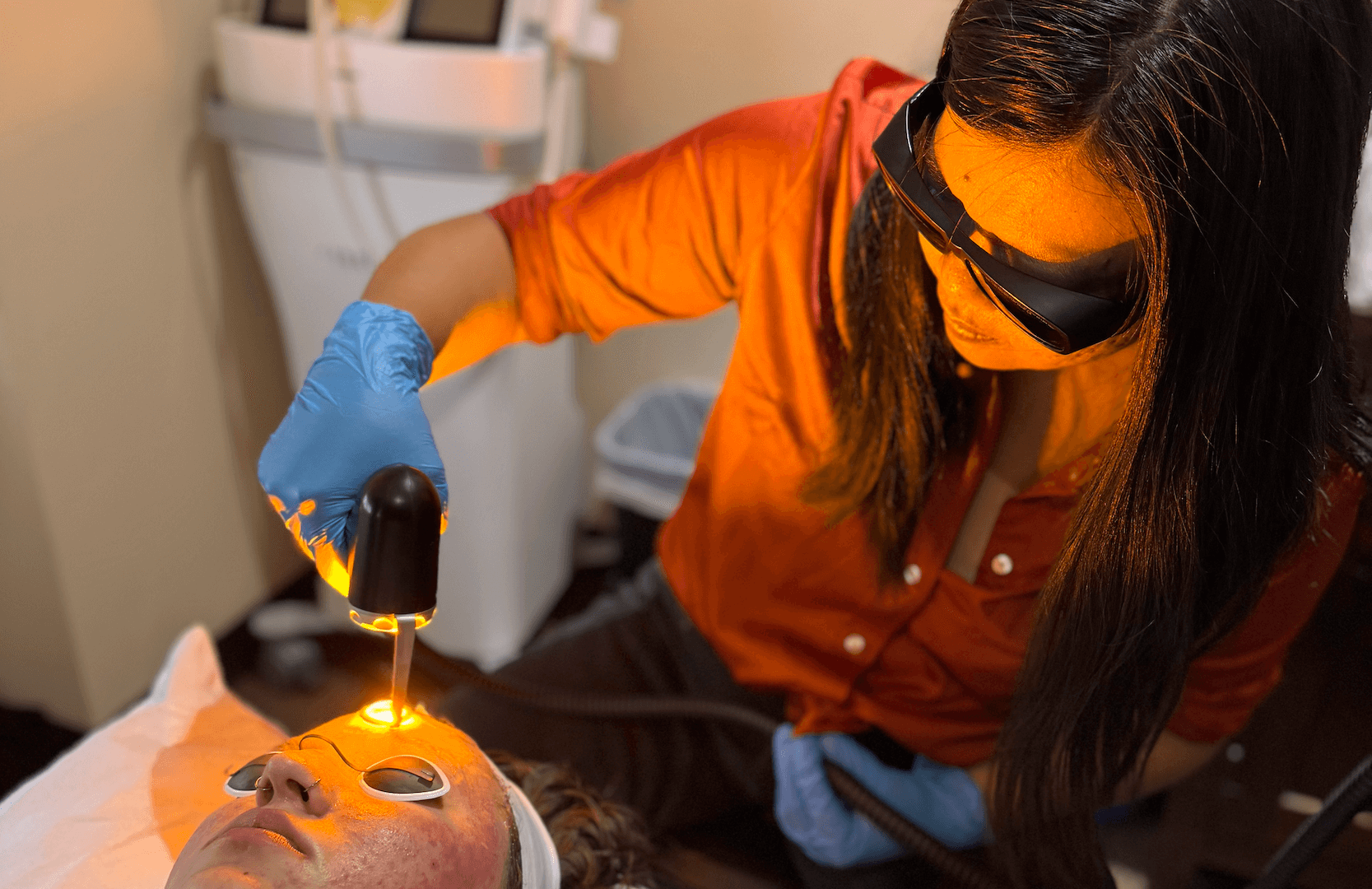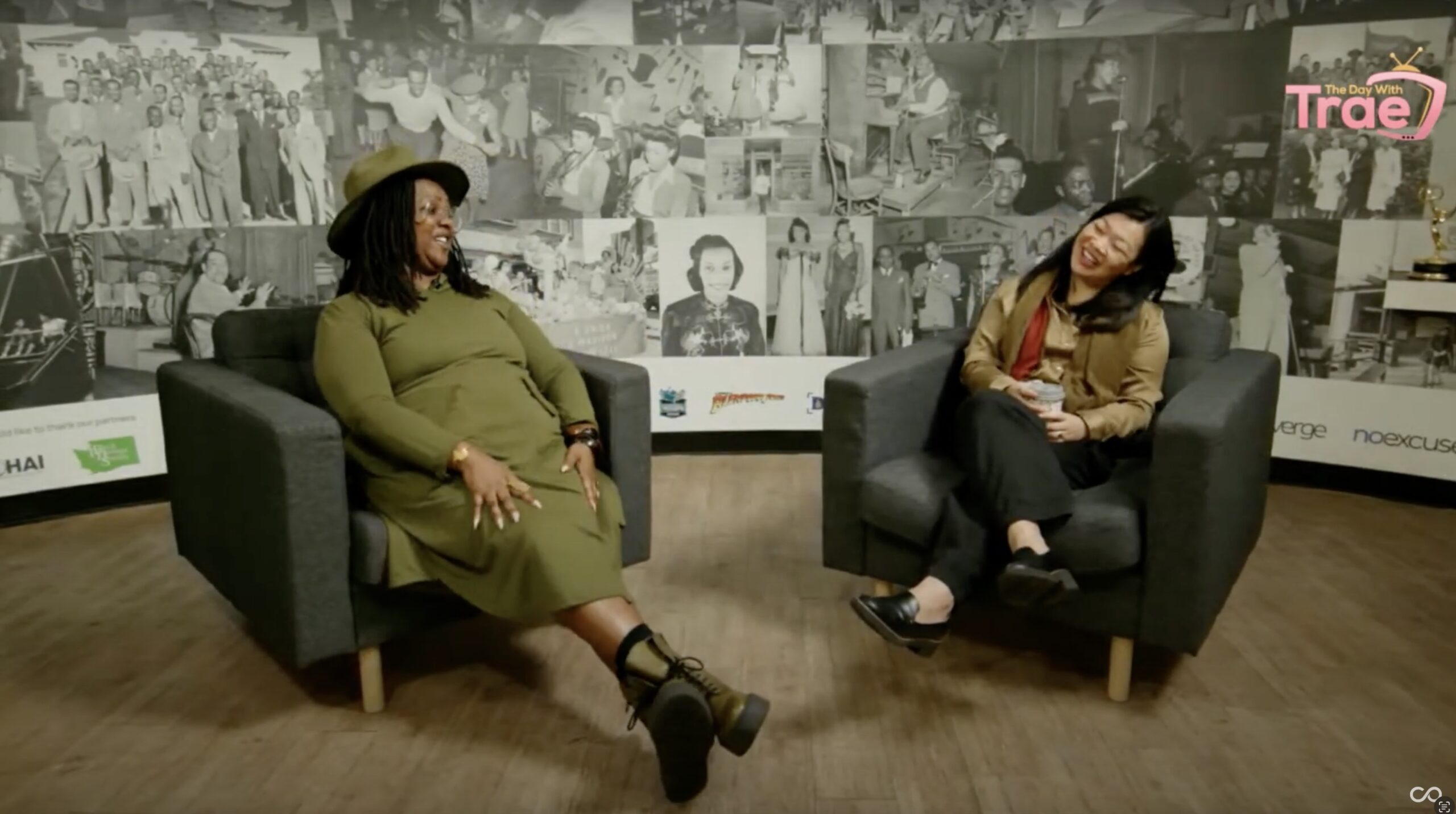ADVATx Laser Integrative Dermatology Open House - June 27th 2024 When: June 27th, 2024 Time:…
Why wholistic medicine fundamentally is against systemic racism
In wholistic medicine we often talk about treating the root cause of an illness instead of focusing on individual symptoms. This is a more sustainable and long term way to address our health. We can also apply this rule to larger scale issues within our society; instead of focusing on the individual issues, we must look at the root causes of those issues in order to truly solve the problems.
When diving deeper into our social issues, it is apparent that they are caused by underlying inequalities. The United States was built on stolen land by stolen people. This is the root cause of every social and economic issue that we face in our society today. Marginalized communities have been experiencing, and still are experiencing, deep collective trauma for many generations. The United States grew from the roots of genocide, slavery, racism and white supremacy.
What does this mean for the current system of our country? The symptoms of white supremacy show up in every single aspect of every single moment of our existence in America. It has become so normalized that a lot of us don’t even see it happening. Primarily, the people who benefit from the system are unaware. The communities who suffer the most from our current system are Black, brown, indigenous and LGBQT. These communities live with not only epigenetic trauma, but also constant stress every single day while they brave a system that was set up for them to fail. Many of these people also live with the fear of being killed or having their family members killed every time they leave their home.

Societal Accountability
Because every aspect of our country is built to suppress certain communities we see inequalities come up in all areas of our society, this is what is meant by the term systemic racism. The most apparent system is the justice system, which historically, was developed to control slaves and incarcerate black people. We also see other major frameworks affected by systemic racism, including our healthcare system, employment and workplace, education and housing to name a few.
There are countless studies that have shown the affect of stress on one’s health, as well as trauma and racism. Research shows that historic and ongoing social inequalities lead to community trauma. These inequalities include racism, poverty, oppression and power dynamics and the erasing of entire cultures.
What can we do as individuals and larger communities to dismantle this diseased system and begin to heal from the ground up? Ultimately we must, as a society, dismantle the entire system. While this sounds extreme, there is a more straightforward approach to what may seem impossible. Although, it will likely take as much or more effort than it took to create this system. The first step is to learn about our own implicit biases and how we are innately benefitting from the biased system. From this awareness we can then start to act on specific goals.
A common theme we hear in Seattle and around the country today is to “Defund the Police, Fund the Community.” What does this mean, and how is this actually implemented? If we look at who and why people are being arrested and incarcerated, it is obvious that the justice system is used to target certain groups. While I could write many pages on how this works, it’s important to realize this is already working in rich white communities. In these privileged communities, there are less police and more community based programs and support.
When people are given proper healthcare, mental health support, social services, housing, education and youth programs, it is inevitable that there will be less crime. We need to stop viewing the symptoms of oppression as crime, and start labeling them as a national public heath crisis. I urge everyone reading this to do your own research and look at why crimes are committed and how we can support our community in other ways than policing them. To reiterate the gravity of this situation, black men are more likely to die from police brutality than from COVID-19.

Collective Trauma
From Hirschberger, Gilad in “Collective Trauma and the Social Construction of Meaning.”(Frontiers in Psychology vol. 9 1441. 10 Aug. 2018). “The term collective trauma refers to the psychological reactions to a traumatic event that affect an entire society; it does not merely reflect an historical fact, the recollection of a terrible event that happened to a group of people.
For victims, the memory of trauma may be adaptive for group survival, but also elevates existential threat, which prompts a search for meaning, and the construction of a trans-generational collective self. For perpetrators, the memory of trauma poses a threat to collective identity that may be addressed by denying history, minimizing culpability for wrongdoing, transforming the memory of the event, closing the door on history, or accepting responsibility. The acknowledgment of responsibility often comes with dis-identification from the group.”
This blog was also published in Rebel Rules Newsletter June 2020.
BY KHAIRUL BHAGWANDIN, MSAOM, L.AC
List of resources to support the efforts of our community
- Donations for immediate supplies for protestors and medics please venmo @fundhealers
- For a comprehensive list of other of local events and ways to contribute please visit https://linktr.ee/defundspd




This Post Has 0 Comments